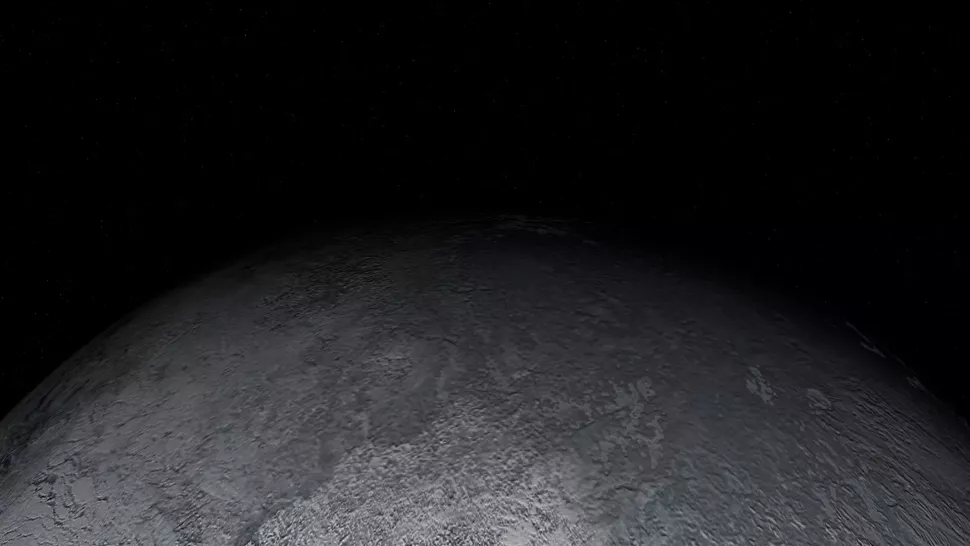In 1906 astronomer and businessman Percival Lowell began searching for “Planet X”, a hypothetical giant planet orbiting the Sun beyond Neptune. Lowell was convinced of the existence of Planet X based on some supposed irregularities he observed in the orbits of Neptune and Uranus. His belief eventually led to the discovery of Pluto in 1930, but scientists later determined that the dwarf planet was too small to have a gravitational effect on Neptune’s orbit (let alone Uranus).
Today, the Planet X hypothesis is largely discredited. But that hasn’t stopped astronomers from searching for planets in the far reaches of the solar system. And, according to a new study, they could be out there — much further away than Lowell could have guessed.
An international team of researchers recently modeled the unstable celestial mechanics of the early Solar System. They discovered that one or more planet-sized objects are likely to come to rest in the Oort Cloud, a vast collection of icy objects stretching from a few hundred billion to several trillion miles from the Sun, according to NASA. A recent paper describing the work has been published on the arXiv preprint server and has not yet been peer-reviewed.
About 4.5 billion years ago, when the solar system first formed, this was a desolate place. Gravity sent debris from the rapidly cooling protoplanetary dust cloud like cosmic balls. Researchers speculate that sometimes, large chunks of debris—even planet-sized ones—can be ejected far enough to escape the sun’s gravity altogether.
Scientists have observed how such “rogue planets” roam in distant solar systems. According to the researchers, there is a 0.5% probability that one of these headstrong planets formed in our own system and ended up in the Oort Cloud, which is moving away from the Sun.
But as the team calculated, a Neptune-like rogue planet from another solar system is somewhat more likely to be captured by the Sun’s gravity and lingered somewhere in the Oort cloud. The probability of this happening is about 7%, and if it does, a Planet X-like object Lowell has long sought could be out there, although Neptune is still too far away to affect its orbit.
However, researchers believe the Oort cloud is most likely composed of much smaller icy objects. However, given the size and distance of the Oort Cloud, we may never be sure what is lurking there. Source













